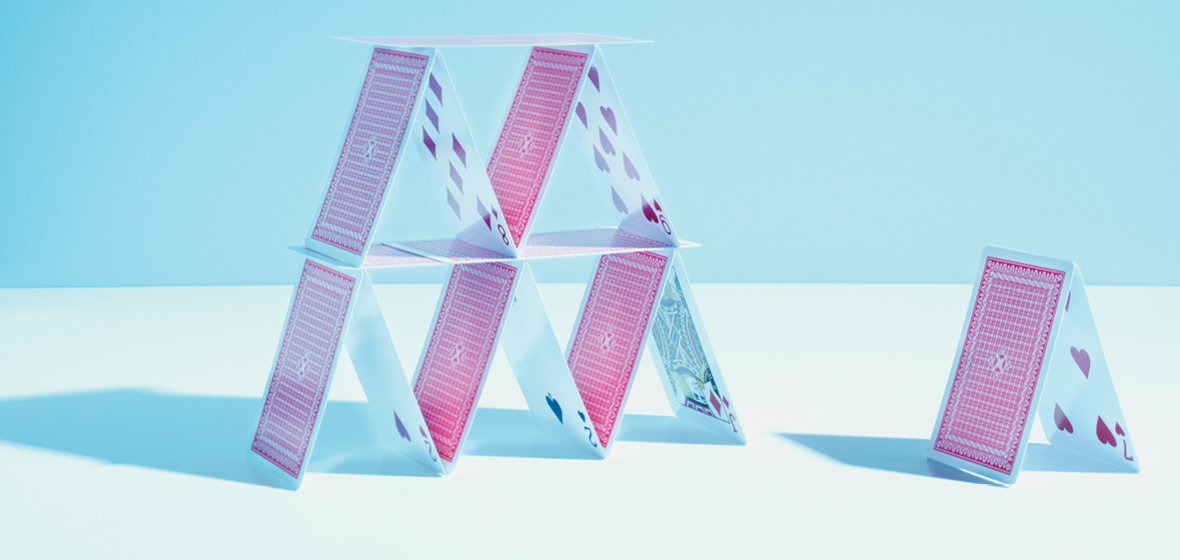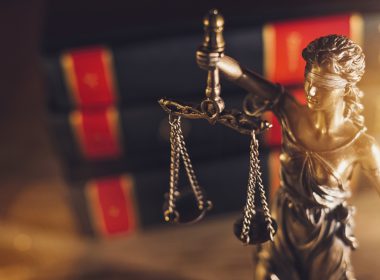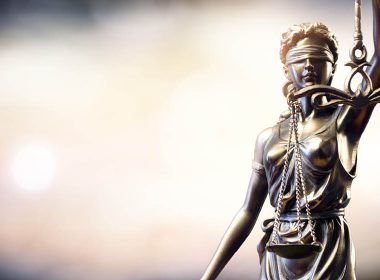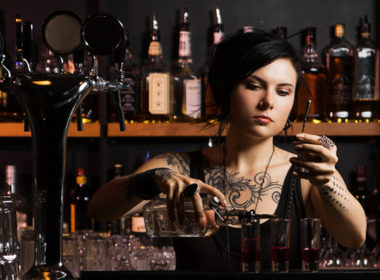Snapshot
- Following a NSW Court of Appeal decision, the Independent Liquor and Gaming Authority has a wide discretion to refuse, or impose licence conditions in response to, applications to transfer or lease pokies between licensed hotels in NSW on social impact grounds.
- The complicated structure of the provisions regulating such applications does not permit reading down generally-worded powers without any express limits or criteria.
- The Liquor Act 2007 and Gaming Machines Act 2001 operate to establish symbiotic, not separate, regimes.
In Independent Liquor and Gaming Authority v Whitebull HTL Pty Ltd; v Area Hotel UT Pty Ltd; & v The Griffith Hotel Pty Ltd [2023] NSWCA 224 (‘Whitebull’), the Court considered the scheme, established by the Gaming Machines Act 2001 (NSW) (‘Act’), that regulates the transfer and leasing of gaming machine entitlements (‘GMEs) between hotel licences in NSW. To transfer or lease GMEs, or to increase the maximum number of GMEs – the gaming machine threshold (‘GMT’) – a licence may hold, a licensee must apply to the Independent Liquor and Gaming Authority (‘Authority’) for approval.
The case pivoted on the nature of the Authority’s approval powers. If the Authority receives a GMT increase, GME transfer or GME lease application that complies with all the spelt-out statutory requisites, is it bound to grant it? Or, does the Authority have an overriding discretion to refuse it outright? Or, a discretion to grant it only while protectively imposing new conditions on the liquor licence, for fear of social impacts?




